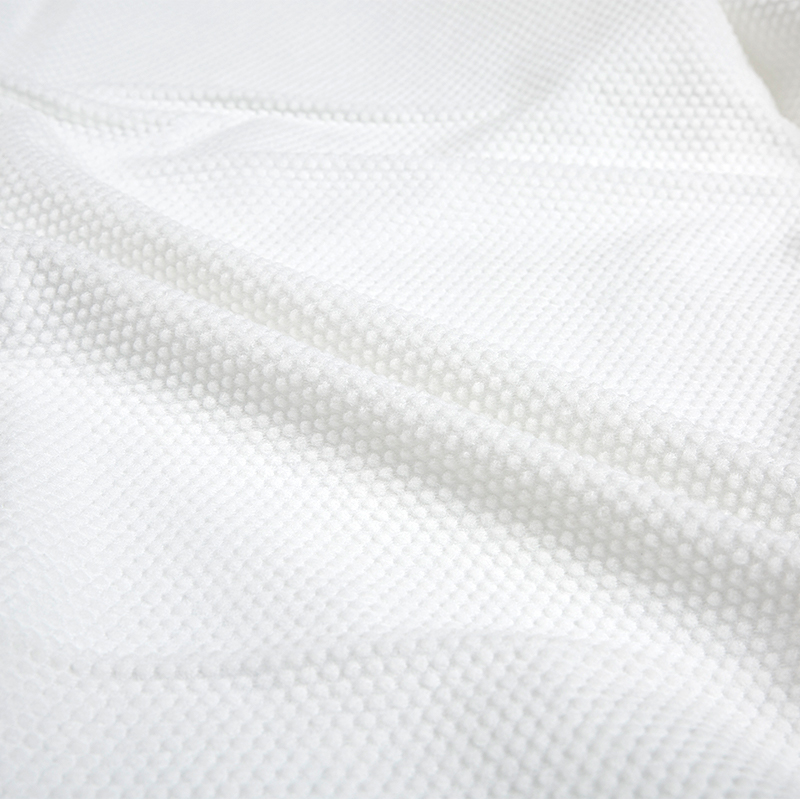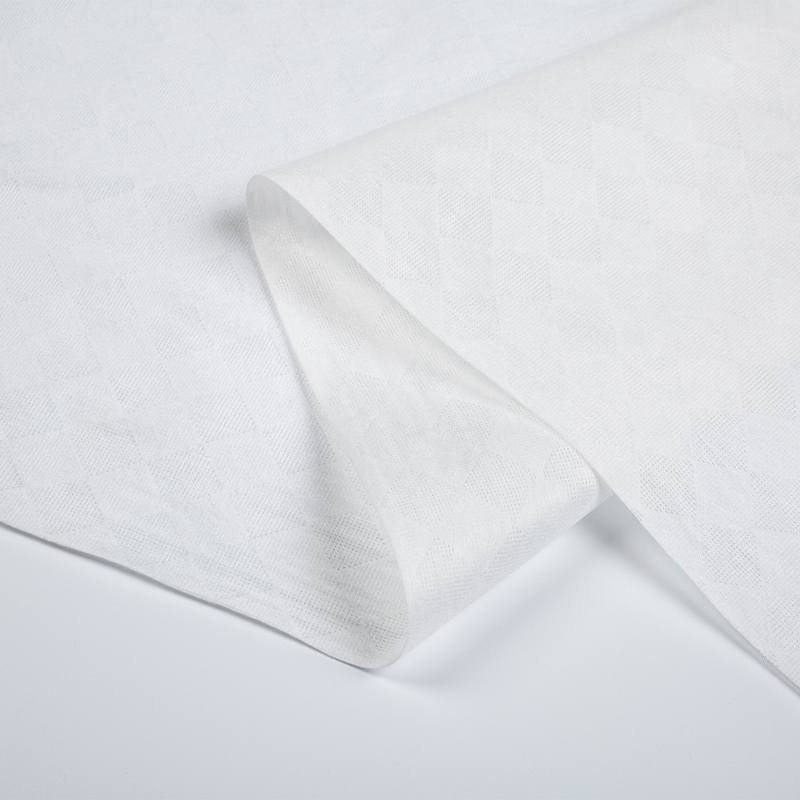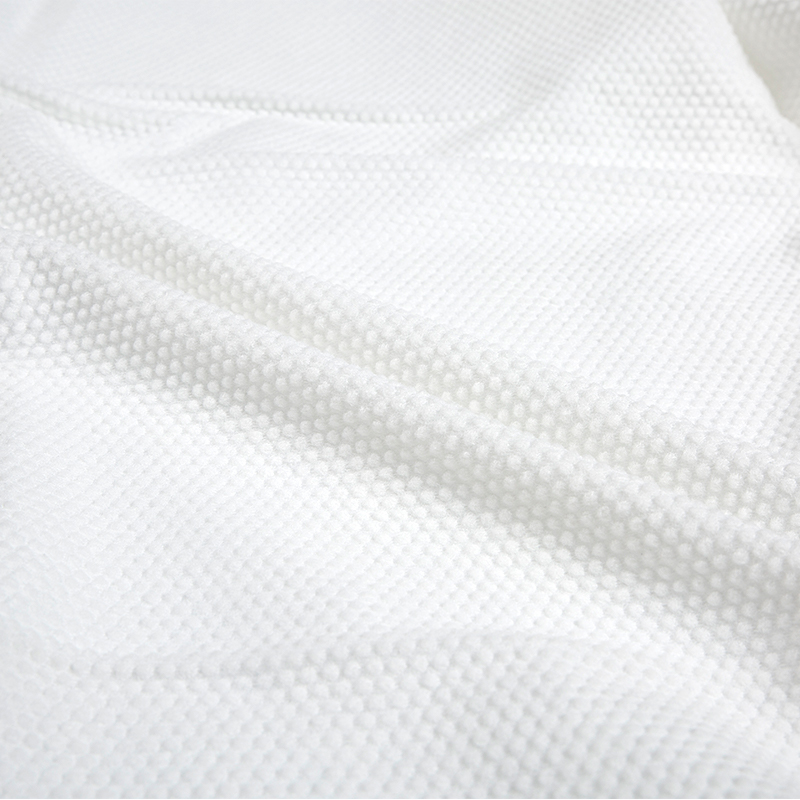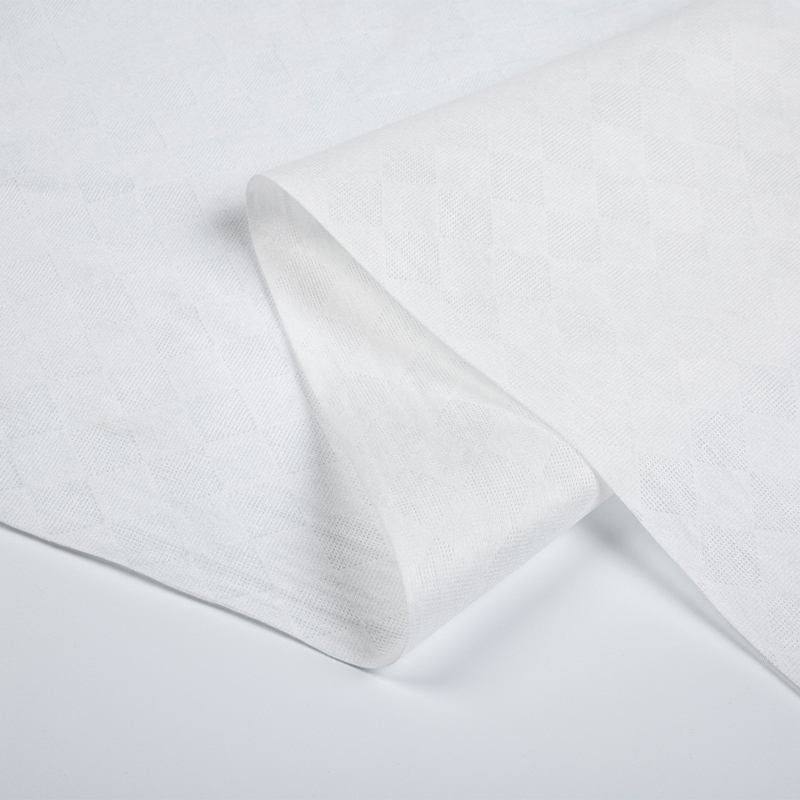Founded in 2022, Hangzhou Shunlong Nonwovens Technology Co., Ltd. is a professional China nonwoven fabric manufacturer and non-woven raw material factory
Hotel hygiene standards usher in revolutionary changes
The global hospitality industry sanitation management is undergoing a profound transformation, and the widespread use of Disposable Cleaning Tower is reshaping the standards of house cleaning. The latest industry survey in 2025 shows that more than 62% of international hotel chains have included disposable cleaning towels into the standard cleaning process, an increase of nearly three times compared with 2020. This change stems from the high attention paid to health and safety in the post-epidemic era and the urgent need to improve hotel operation efficiency. Compared with traditional reusable rags, Disposable Cleaning Tower not only eliminates the risk of cross-contamination, but also achieves a perfect balance between cleaning effect and cost control through innovative material technology, providing a new solution for hotel sanitation management.
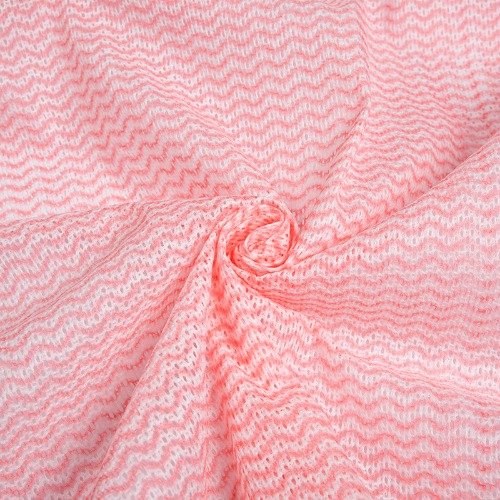
Breakthrough improvement in hygiene and safety performance
The modern Disposable Cleaning Tower shows significant advantages in microbial control. Comparative test data from the US Centers for Disease Control and Prevention (CDC) shows that the amount of bacterial residue on the surface of guest rooms using disposable cleaning towels is reduced by more than 90% compared to traditional rags. The latest antibacterial type Disposable Cleaning Tower has added a silver ion treatment layer, which can kill 99.9% of E. coli and Staphylococcus aureus in 30 seconds. Experiments from a European health certification agency show that after 50 standard cleaning tests, a large number of microorganisms can still be detected in the fiber pores of traditional rags, and disposable products completely eliminate the risk of pathogen accumulation. This hygiene guarantee allows hotels to provide guests with a visual commitment to cleaning, significantly improving customer trust and satisfaction scores.
Operational efficiency and labor cost optimization
Disposable Cleaning Tower's standardized application brings significant efficiency improvements to hotel operations. Operation data from the International Hotel Group shows that after room cleaning personnel use disposable products, the cleaning time of a single room is shortened by an average of 8-12 minutes, mainly due to the convenient characteristics of no cleaning, no disinfection and instant replacement. A Japanese business hotel has achieved ultimate efficiency after introducing a color coding system - the Disposable Cleaning Tower of different colors corresponds to different cleaning areas (red-bathroom, blue-glass, green-furniture), shortening the training cycle of new employees by 40%. In terms of labor costs, calculations show that although disposable products increase material expenditure, the savings of laundry costs, disinfectant costs and labor time reduce the overall operating costs by 15-20%, and the return on investment cycle usually does not exceed 6 months.
Innovation breakthroughs in environmentally friendly materials
Faced with the requirements of sustainable development, the new generation of Disposable Cleaning Tower has made significant progress in environmental performance. The plant fiber-based material developed by a German chemical company uses degradable wood pulp and PLA composite fibers and can be completely decomposed in 45 days under industrial compost conditions. More innovative water-based non-woven fabric technology increases the strength of towels by 50% through special processes, while reducing the amount of raw materials by 30%. The "zero carbon series" products launched in 2025 have achieved carbon neutrality in the entire process from raw material collection to production, and have obtained international environmental protection certification. These breakthroughs allow hotels to improve sanitation standards while taking into account corporate ESG responsibilities and meet the needs of environmentally conscious customers. Actual cases show that the promotion of hotels using environmentally friendly Disposable Cleaning Tower has increased by 22% and the number of direct bookings increased by 15%.
Fine analysis of cost-effectiveness
The economics of Disposable Cleaning Tower need to be evaluated through a full life cycle cost. Taking a medium-sized hotel with 200 rooms as an example: the annual consumption of traditional cotton rags includes the initial purchase of 600 pieces (about 3,000 yuan), the daily laundry and disinfection cost (about 80,000 yuan) and the replacement loss (about 12,000 yuan), and the total cost is about 95,000 yuan; while high-quality disposable products are calculated based on 3 pieces per room, with an annual consumption of about 219,000 pieces, and the total purchase cost of 0.3 yuan is 65,700 yuan, saving more than 30%. The annual cost of high-end hotels is about 110,000 yuan (unit price 0.5 yuan), which is slightly higher than the traditional solution, but taking into account the value of health marketing, customer satisfaction and employee efficiency, the overall return on investment is still advantageous. It is worth noting that bulk procurement and long-term contracts can reduce unit price by 15-25%, further optimizing the cost structure.
Practical application scenarios and operating specifications
Different star hotels have differentiated characteristics in the application of Disposable Cleaning Tower. Economy chain hotels mostly choose basic products, emphasizing cost control and standardized operations; luxury hotels tend to be customized solutions, including brand LOGO printing, special folding methods and exclusive color matching systems. A seven-star hotel in Dubai even developed a "cleaning visualization" process - using different colors of Disposable Cleaning Tower to clean different areas in turn and discard them on the spot, allowing guests to intuitively feel the hygiene commitment. The standardized operations recommended by professional cleaning companies include: using independent towels for each functional area, prohibiting folding and reusing, and immediately changing after contacting the source of contamination. These best practices are being promoted globally through the International Hotel Association’s training courses, gradually forming new industry standards.
Market trends and future development directions
The 2025 Disposable Cleaning Tower market shows three major trends: intelligent integration, functional segmentation and regional customization. Intelligent packaging technology can display the product usage status in real time to avoid misuse of expired products; special series for different cleaning scenarios (such as glass cleaning, metal polishing, disinfection-specific) meet the needs of refined products; and product specifications developed for cultural habits in different markets such as Asia and the Middle East are more popular among local hotels. Industry forecasts show that by 2027, the global disposable cleaning towel market size of hotels will exceed US$2.5 billion, with an annual compound growth rate remaining above 12%. As hygiene standards continue to upgrade and consumer awareness deepens, the Disposable Cleaning Tower is expected to become a standard configuration rather than an optional option for hotel sanitation management.
Redefine new hotel hygiene standards
The popularity of Disposable Cleaning Tower marks a new era of hotel sanitation management. From eliminating cross infection to improving cleaning efficiency, from cost optimization to brand value-added, this seemingly simple change is having a profound impact. 2025 will become a watershed in the industry, with early adopters already establishing obvious health credibility advantages, while waiters are facing increasing pressure to upgrade. For hotel managers, implementing a disposable towel cleaning solution is no longer a hygiene measure, but also a strategic choice to improve customer experience, optimize operational efficiency and strengthen brand positioning. In this era when hygiene and safety have become core competitiveness, hotels that actively embrace change will gain the lead in the new round of industry reshuffle.

 English
English 日本語
日本語 русский
русский Español
Español